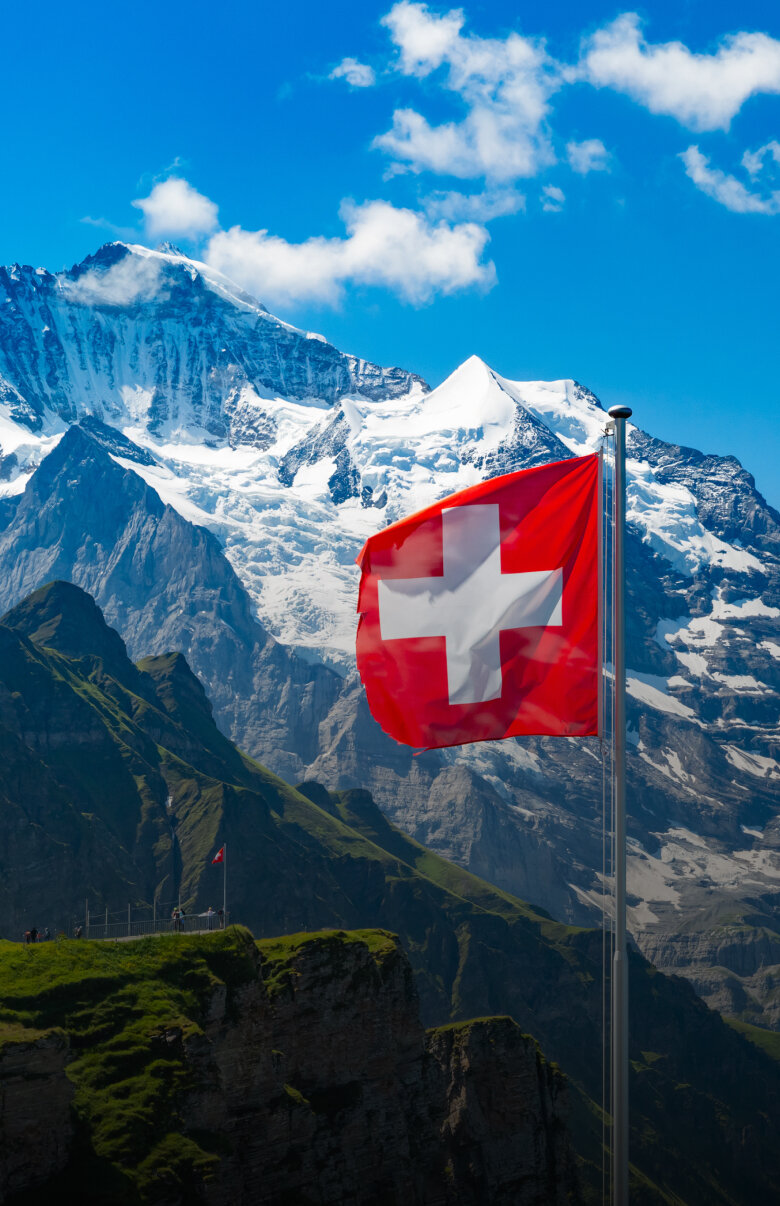UNIVERSITIES
Studying MBBS in Norway
Norway, known for its high-quality education, stunning landscapes, and a strong healthcare system, is an emerging destination for medical practitioners. Many Indian students are now exploring the opportunity to study MBBS in Norway due to its affordable tuition fees, excellent medical colleges, and international recognition. This guide will provide a comprehensive overview of pursuing MBBS in Norway, from admission requirements to the cost of living and studying in the country.
Are you interested in studying medicine in Norway?
We would be happy to advise you free of charge about your options for studying medicine in Norway.
Why study MBBS in Norway?
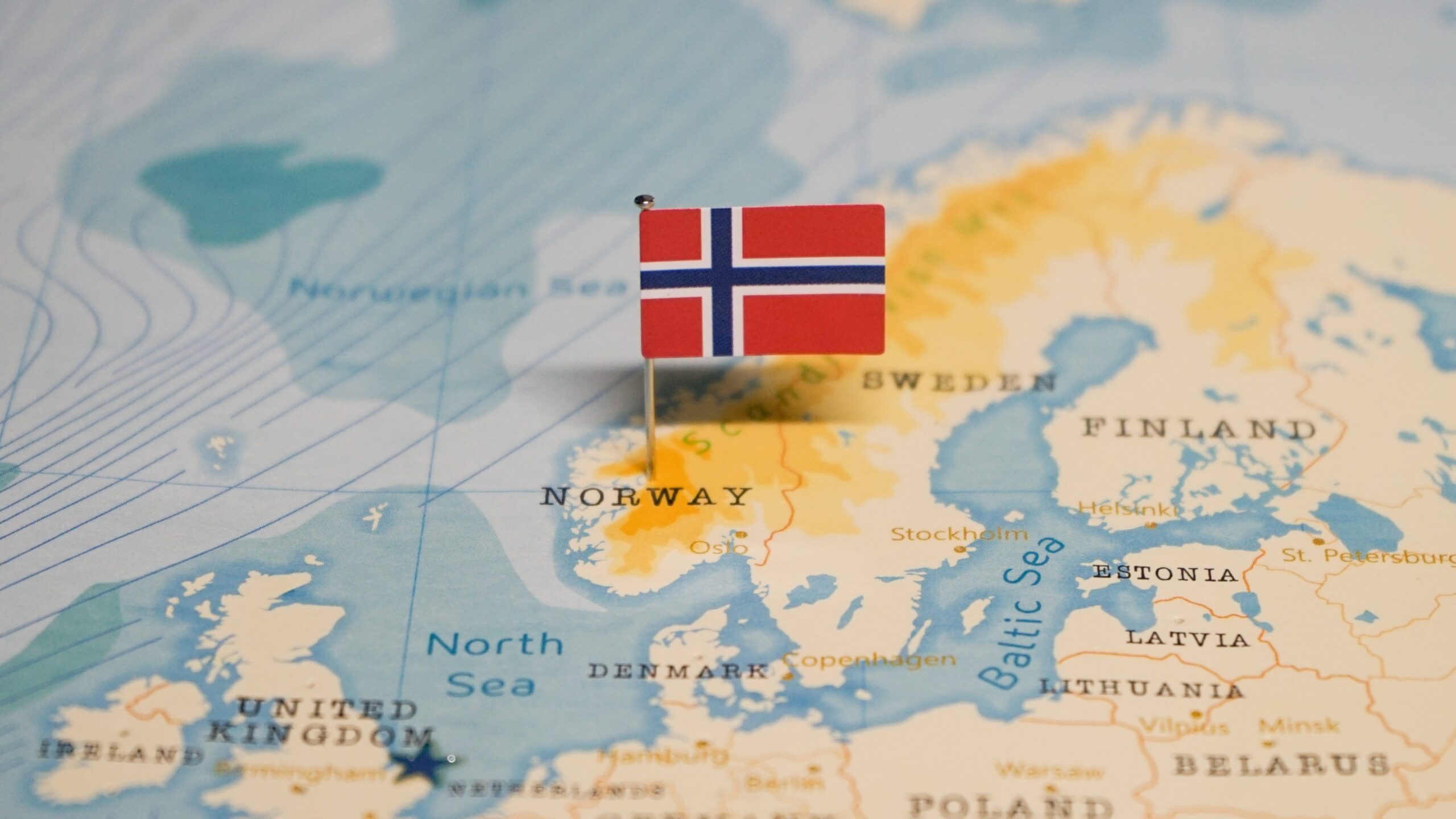
Norway has become a preferred destination for medical students due to its robust education system and top-tier medical degree programs. MBBS in Norway offers world-class education, and Norwegian medical degrees are recognized globally. Moreover, the country's healthcare system is among the best in the world, giving medical students the chance to learn in real-world environments.
Key benefits of studying MBBS in Norway:
High-quality education at norwegian medical universities
Norway is home to several top-ranked medical universities known for their rigorous academic standards and highly qualified faculty. Students receive a comprehensive education that combines theoretical knowledge with practical skills, ensuring they are well-prepared for medical practice.
Practical learning opportunities
The country’s advanced healthcare system provides medical students with extensive hands-on clinical experience. This exposure allows students to apply their learning in real-world settings, enhancing their skills and confidence in medical practice.
Focus on modern medicine and health sciences
Norwegian medical programs prioritize modern approaches and incorporate the latest research and technologies. This focus prepares students to address contemporary healthcare challenges effectively.
Affordable or tuition-free education
Public universities in Norway offer tuition-free education, with only nominal semester fees. This financial advantage makes it easier for students to pursue their medical degrees without incurring significant debt.
Globally recognized medical degree
Norwegian medical degrees are respected worldwide, giving graduates a competitive edge in the global job market. The rigorous training ensures that they are well-equipped to practice medicine anywhere.
Excellent quality of life
Norway is known for its high standard of living, stunning landscapes, and welcoming society. Students can enjoy a balanced lifestyle with access to cultural experiences, outdoor activities, and a vibrant social scene.
Programs taught in english
Many MBBS programs are offered in English, making them accessible to international students. This inclusivity allows non-Norwegian speakers to pursue their medical education without language barriers.
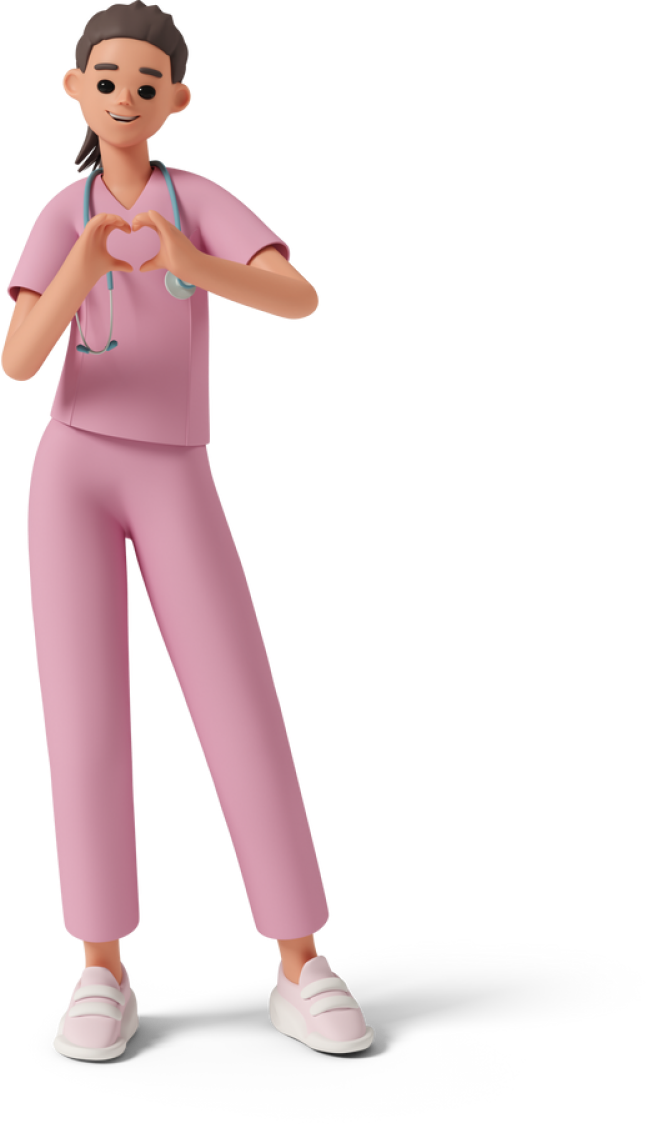
Together for success - futureMBBS and studying medicine abroad
Do you want to study medicine abroad and are looking for the most suitable university for you and don't really know where to start looking for the right country and a good university? futuredoctor is happy to support you!
Besides the Student advisory service In addition to selecting the university and accompanying you to the desired on-site appointments, futureMBBS also offers support during the application process and preparation for possible aptitude tests, as well as orientation at the place of study - including the search for accommodation! Get your application quickly and easily free info pack!
Best universities for MBBS in Norway
Norway is home to some of the best medical universities in Europe, with excellent facilities for medical studies. Below are the top universities offering MBBS in Norway:
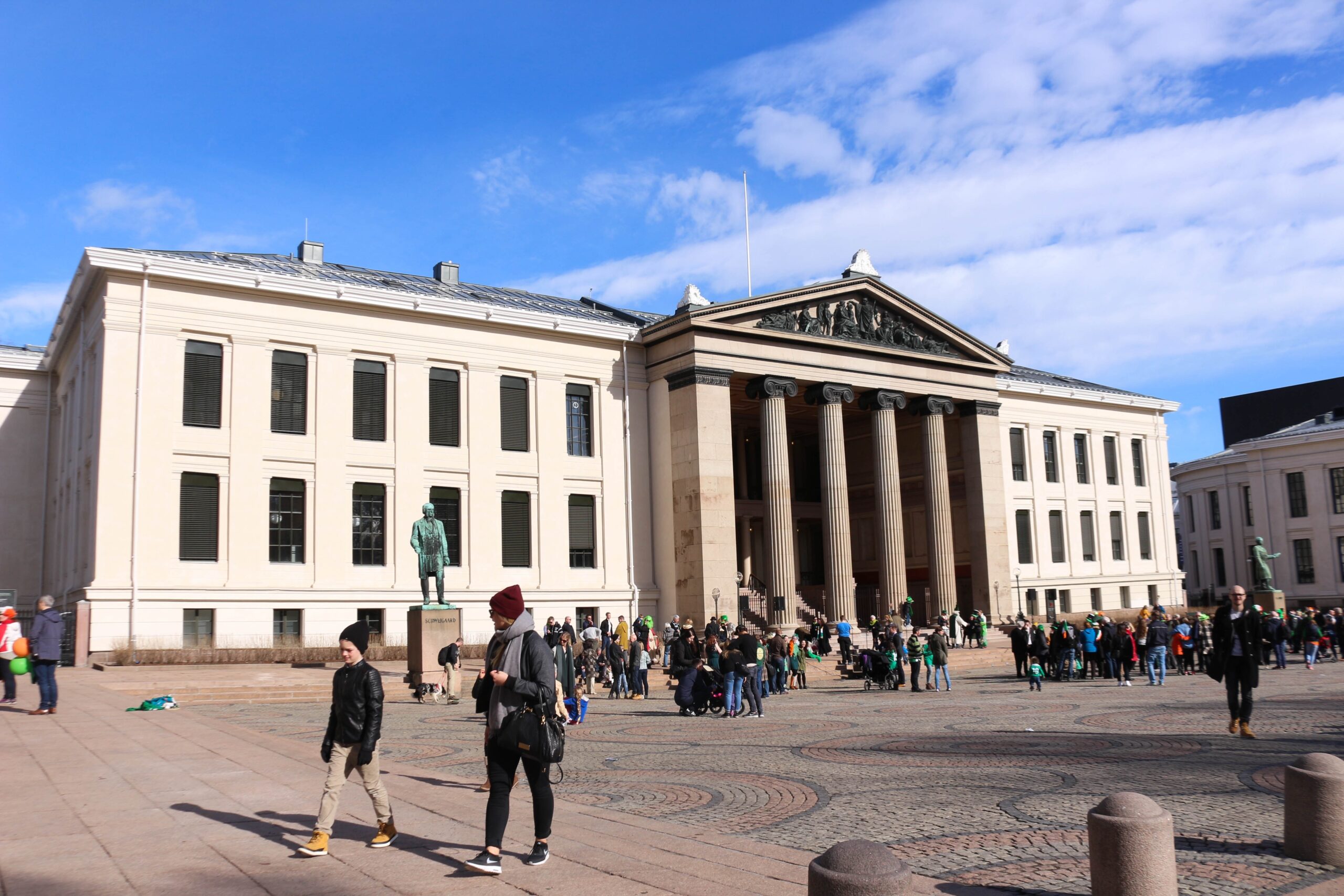
University | NMC approved | NEET required | Tuition fees (per year) | Location |
University of Oslo | Yes | Yes | Free (Semester fee only) | Oslo |
University of Bergen | Yes | Yes | Free (Semester fee only) | Bergen |
Norwegian University of Science and Technology (NTNU) | Yes | Yes | Free (Semester fee only) | Trondheim |
Arctic University of Norway (UiT) | Yes | Yes | Free (Semester fee only) | Tromsø |
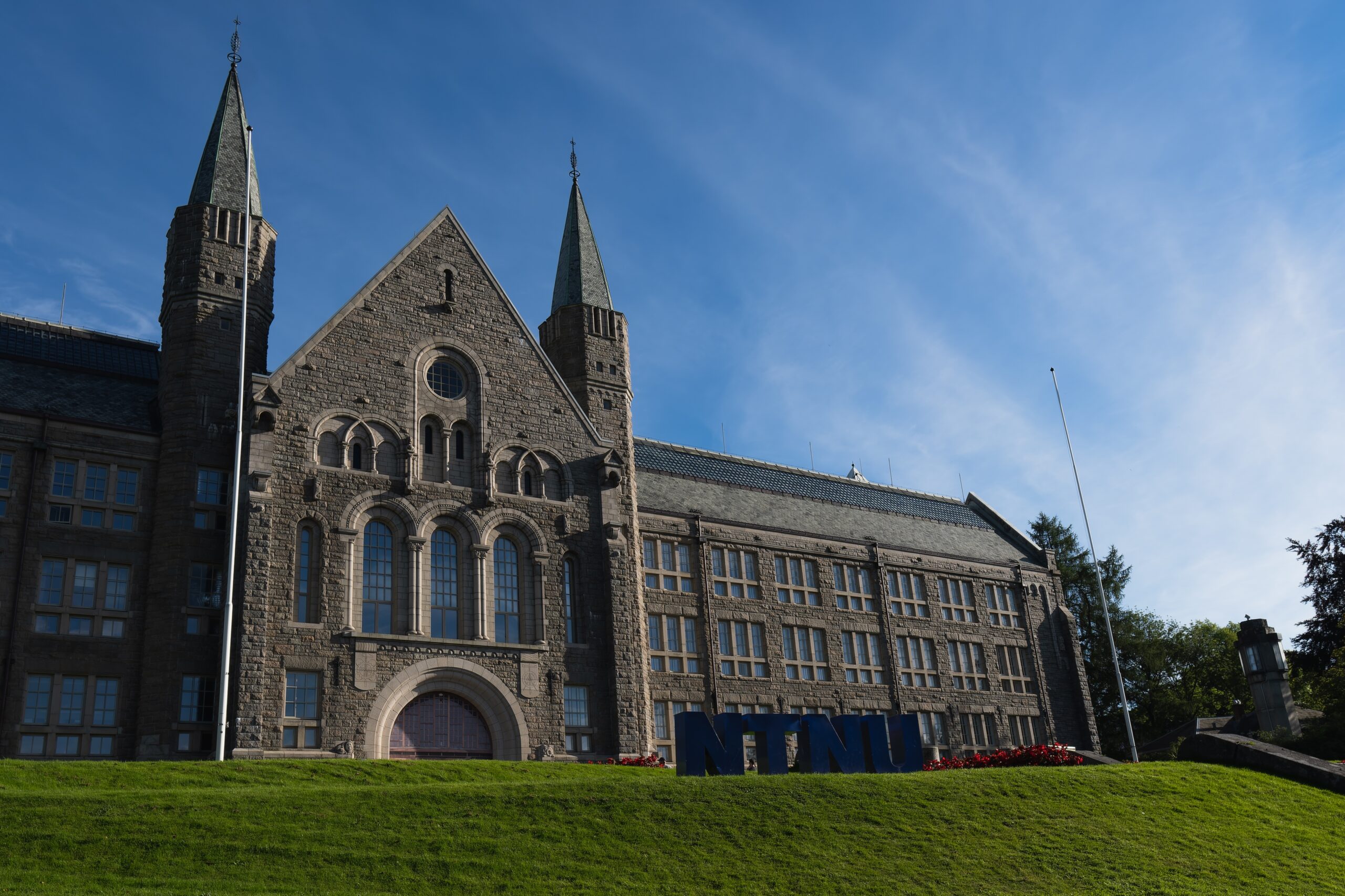
Course information
The MBBS program in Norway typically lasts six years, with a curriculum designed to provide both theoretical knowledge and clinical experience. The course is structured as follows:
- Year 1-3: Foundation courses in medical sciences like anatomy, physiology, biochemistry, and pathology.
- Year 4-6: Clinical training in various specializations, including internal medicine, pediatrics, surgery, and obstetrics. This period also involves research projects and hands-on experience in hospitals.
- Internship: After completing the academic curriculum, students are required to undertake a compulsory internship to gain practical skills.
Eligibility criteria and admission process
To enroll in an MBBS program in Norway, students must meet the following eligibility criteria:
High school diploma: A high school diploma with a focus on science subjects such as physics, chemistry, and biology is mandatory.
NEET qualification: Indian students must pass the NEET exam to qualify for admission.
Language proficiency: Although many programs are taught in English, students may need to demonstrate their English language proficiency through exams like TOEFL or IELTS.
Entrance exams: Some universities may also require students to pass entrance tests related to medical knowledge.
Types of intakes
Norwegian universities typically have two intakes for international students:
Autumn intake (August) – Primary intake for medical programs.
Spring intake (January) – Limited spots available for certain programs.
Scholarships for MBBS in Norway
Norway offers several scholarship options for international students. These include:
- Quota scheme scholarships: Specifically aimed at students from developing countries, including India.
- University-based scholarships: Some Norwegian universities offer scholarships to cover living expenses and tuition fees for deserving students.
Cost of living and study in norway
One of the primary advantages of pursuing MBBS in Norway is that public universities do not charge tuition fees. However, students must pay a semester fee, which is usually around NOK 600-800 (₹5,000-7,000).
Expense | Cost per Month (in NOK) | Cost per Month (in INR) |
Accommodation | 4,000 - 6,000 NOK | ₹35,000 - 55,000 |
Food | 2,500 - 3,500 NOK | ₹22,000 - 30,000 |
Transportation | 600 - 900 NOK | ₹5,500 - 8,000 |
Miscellaneous Expenses | 2,000 - 3,000 NOK | ₹18,000 - 27,000 |
MBBS Jobs and Salaries in Norway
After completing MBBS in Norway, graduates have various career opportunities, both within Norway and internationally. Medical professionals in Norway are highly respected and well-compensated.
Job Role | Average Salary (per year in NOK) | Average Salary (per year in INR) |
General Practitioner | 900,000 - 1,200,000 NOK | ₹80 lakhs - ₹1.1 crores |
Specialist Doctor (e.g., Internal Medicine) | 1,200,000 - 1,800,000 NOK | ₹1.1 crores - ₹1.6 crores |
Medical Researcher | 800,000 - 1,000,000 NOK | ₹72 lakhs - ₹90 lakhs |
Life in Norway: Country and Its People
Norway is renowned for its high standard of living, breathtaking natural beauty, and welcoming society. As an international student, you will find a balance between your academic life and cultural experiences. The country offers a plethora of outdoor activities, from hiking to viewing the Northern Lights.
- People: Norwegians are known for their warm hospitality and respect for privacy. The society is largely egalitarian, with a focus on mutual respect and inclusivity.
- Culture: Norway has a rich cultural heritage, blending Viking history with modern innovations in art, literature, and technology.

- Travel and Activities: Norway’s natural landscapes offer incredible opportunities for travel, such as visiting fjords, mountains, and experiencing the Northern Lights.

- Food: While traditional Norwegian food includes fish dishes like salmon and cod, Indian food is also readily available in most cities, catering to the large number of Indian students and expats.
- Accommodation and Social Life: Student accommodations are well-furnished and reasonably priced, while the social life in Norway is vibrant, offering students the chance to engage in both academic and cultural activities.

How to Apply for MBBS in Norway
Here are the steps to apply for MBBS in Norway:
Choose a University: Research and select from the top Norwegian universities that offer MBBS programs.
Submit Application: Apply directly through the university's online portal.
Entrance Exams: Ensure that you meet the NEET and university-specific entrance exam requirements.
Language Proficiency Test: Provide proof of your Norwegian language skills.
Student Visa: Apply for a student visa with a valid passport and sufficient funds for your stay in Norway.
Entrance Exams
- Indian students must qualify for the NEET exam.
- Some universities may also have their own entrance exam to assess the students' suitability for medical studies.
Visa and Health Insurance
To study in Norway, Indian students must apply for a student visa and a valid residence permit. Students also need health insurance to cover their healthcare expenses while studying.
Language Proficiency and Local Language
While many MBBS programs in Norway are taught in English, students are encouraged to learn the Norwegian language for better integration into the local community and clinical practice. Some universities offer Norwegian language courses alongside medical studies.
Documents Required for MBBS in Norway
High School Diploma with a focus on science subjects.
NEET Scores for Indian students.
Language Proficiency Test (Norwegian/English).
Valid Passport.
Proof of Sufficient Funds for living expenses.
Future opportunities for MBBS graduates in Norway
Upon completion of MBBS in Norway, students have multiple career options:
Post-Graduation: Continue studying for an MD or specialized degree.
Work Opportunities: Students can work in hospitals, clinics, or research institutes.
Returning to India: After clearing the NeXT exam, students can practice medicine in India.
Conclusion
Studying MBBS in Norway provides international students, especially from India, with an opportunity to pursue a globally recognized medical education in one of the world’s most advanced healthcare systems. With affordable education, high-quality universities, and a welcoming culture, Norway offers an ideal destination for those looking to study medicine abroad.
At futureMBBS, we help students navigate the process, from choosing the right university to securing admission. Let us guide you toward your dream of becoming a doctor in Norway!
STARTING SHOT
What are you waiting for? 🎉
Order your information package now, find out about studying medicine abroad and get started as a medical student!
FAQs about studying medicine in Norway
What are the admission requirements for MBBS programs in Norway?
To apply for MBBS programs in Norway, Indian students must possess a high school diploma with a focus on science subjects, pass the NEET exam, demonstrate proficiency in English (or Norwegian for certain programs), and meet any additional entrance exam requirements set by specific universities.
How much does it cost to live in Norway while studying MBBS?
While public universities in Norway do not charge tuition fees, students should budget for living expenses ranging from ₹60,000 to ₹1,00,000 per month. This includes accommodation, food, transportation, and miscellaneous costs.
Can Indian students work while studying MBBS in Norway?
Yes, Indian students holding a valid student visa can work part-time during their studies, which can help cover living expenses and provide valuable experience in the Norwegian healthcare system.
What career opportunities are available to MBBS graduates in Norway?
After completing their MBBS, graduates can pursue specialization within Norway’s healthcare system, work in hospitals or clinics, engage in medical research, or return to India to practice medicine after passing the NeXT exam.
Do MBBS programs in Norway offer English-taught courses?
Yes, many MBBS programs in Norway are taught in English, making them accessible to non-Norwegian speakers. However, proficiency in Norwegian is recommended for better integration into clinical practice and local communities.
29 countries for your medical studies
Netherlands
Groningen, Maastricht, Amsterdam, Leiden, Utrecht, Rotterdam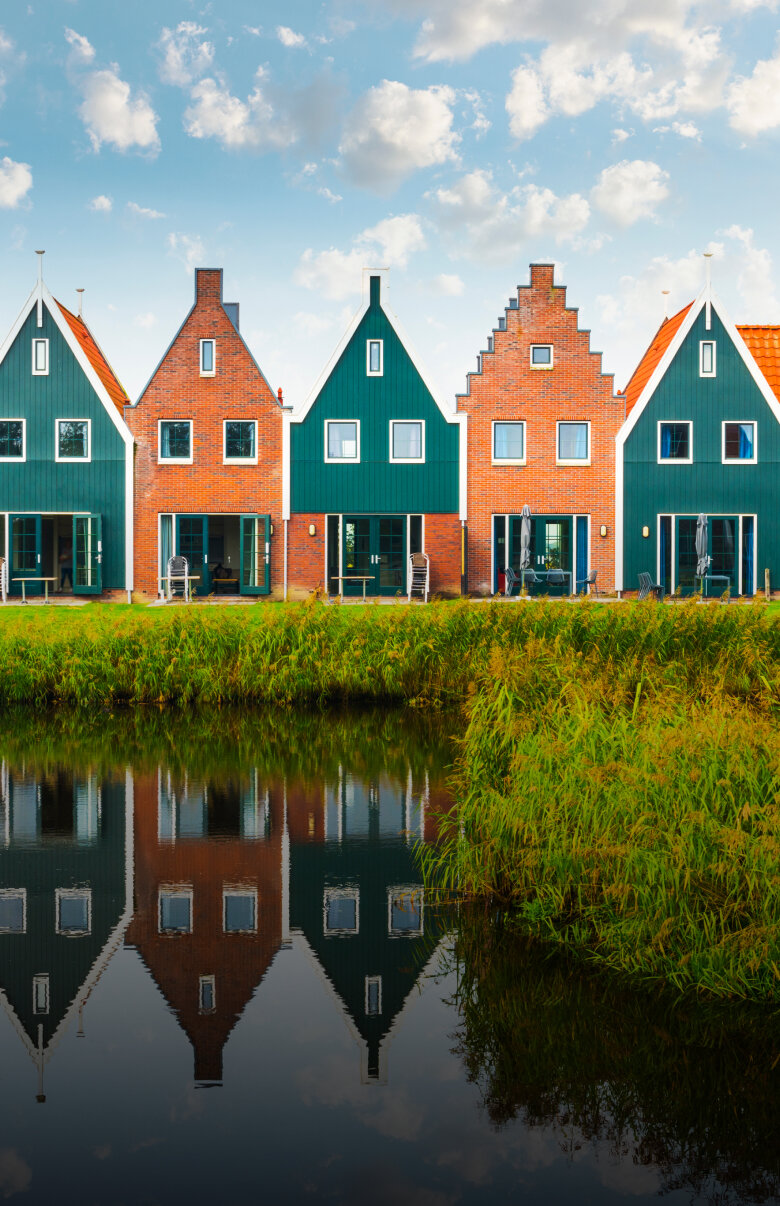
Switzerland
Basel, Fribourg, Bern, Geneva, Zurich, Neuchâtel, Lausanne